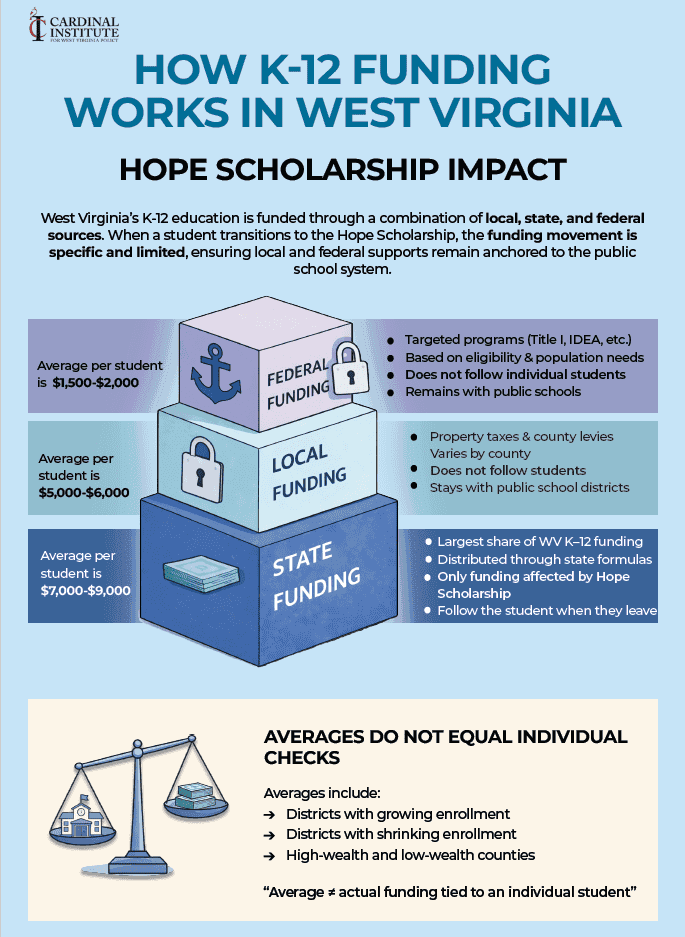
Replace Collateral Consequences with Logical Consequences
Parenting Teaches Us a Lot About Life
As a new parent, learning to appropriately discipline a little person has caused me to reflect on concepts of rational choice, justice, and equal opportunity. Parents discover that the consequences meted out to a child should be as natural and logical as possible. It is difficult to learn from your mistakes if the consequences aren’t directly linked to the infraction. And rebellion is incited when the parent is the bad guy imposing illogical and seemingly unjust consequences. Rather parents should allow the child to reap what they sow. I think this concept of logical consequences could go a long way in helping policymakers approach criminal justice reform.
Logical Consequences and Criminal Justice Reform
What is justice and what is its goal? We could debate all day, and many have, whether justice aims at deterrence, retribution, restoration, or another social good. That’s not a debate I can pretend to solve. However, we can apply the wisdom from principles of good childrearing to the realm of criminal justice. The price society imposes on a crime should be logically related, and closely tailored, to the crime. It should aim to promote the greatest good – both for the individuals involved and the community as a whole.
If you’ve made it this far through my half-formed ramblings, I promise this has a practical application in West Virginia.
West Virginia has the lowest labor force participation rate in the country – and has since they began collecting data on this statistic over 80 years ago. West Virginia, by some measures, has a significantly above average incarceration rate. Additionally, West Virginia has a higher-than-average rate of occupational licensure. What do these statistics have to do with each other? And what do they have to do with logical consequences?
Collateral Consequences in Occupational Licensing Create Barriers to Work
Well, I think it is a simple connection to make. If we want to see a miraculous economic turnaround in the Mountain State, we need to tackle our labor force participation rate. We need more people working and pursuing happiness.
Additionally, if we have such a high rate of incarceration, that also means we have a higher-than-average rate of individuals coming out of the criminal justice system who need to find ways to become productive members of their communities again. And this is where the occupational licensing statistic comes in. When 24% of West Virginians need a license to work, that means there are additional barriers to reintegration for individuals with a criminal record. Many of these occupational licenses come with prohibitions or additional restrictions for those who have criminal records. It makes it more difficult, if not impossible, to become licensed and find productive, meaningful work that can provide economic stability and a feeling of the dignity of earned success.
You may think – “Well, they’ve broken the law! What can they expect?” This is where my commentary about logical consequences comes into play. It is important that the consequences associated with criminal activity fit the crime. Unfortunately, for many with criminal histories, the collateral consequences of their past haunt them for decades after the deed is done and years after they’ve paid the price. These additional burdens prevent them from reintegrating into their communities and finding a second chance. And research shows that states that have these collateral consequences associated with occupational licensing have higher rates of recidivism.
To Reduce Recidivism We Need to Replace Collateral Consequences with Logical Consequences
Now, if we want to reduce recidivism, increase our labor force participation rate, and overall improve economic freedom and opportunity in West Virginia, wouldn’t we want to break these barriers? Shouldn’t we make sure the the consequences of a criminal past are logical?
That’s why policymakers should improve West Virginia’s requirements on occupational licensure. Policymakers should raise the standard for denial of an occupational license. Currently, the standard is rational nexus. This allows any possible, slightly rational sounding reason to bar someone with a criminal history from a licensed occupation. Policymakers should raise the standard to directly related. This would ensure there is a directly logical connection between the crime committed and the occupation the individual is being barred from.
And so, I return to my parenting analogy. If we want people to learn from their mistakes, seek redemption, and become productive and prosperous members of society, we should eliminate the collateral consequences of occupational licensing and replace them with logical ones.
Amanda Kieffer is the Communications Director for the Cardinal Institute for West Virginia Policy.








